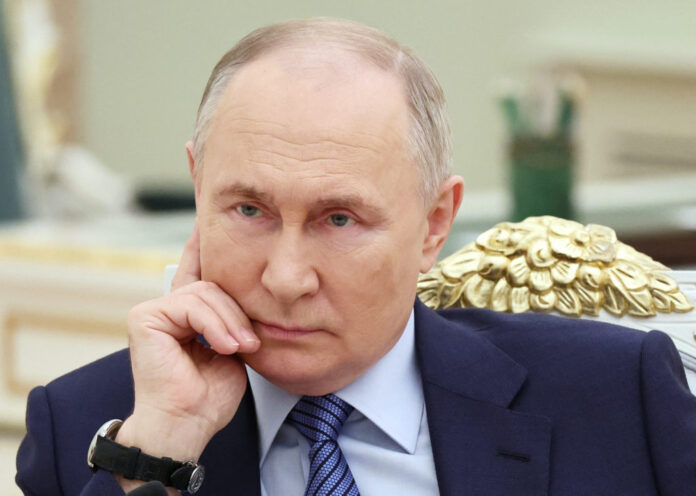
Russian lawmakers have advanced a controversial bill that would impose fines on individuals who deliberately access or search for online content deemed “extremist” by the government, drawing criticism from across the political spectrum and civil society.
On Thursday, the State Duma approved the bill in its second reading with 283 votes in favor and 22 against. If passed into law, the measure would penalize individuals up to 5,000 rubles (around $64) for accessing content listed as extremist by the Ministry of Justice.
Russia already blocks thousands of websites accused of promoting extremist material. However, the new legislation goes further, criminalizing mere access to such content, including songs in support of Ukraine, writings by the feminist punk band Pussy Riot, and even entries from Wikipedia such as articles about dynamite.
“This is an attack on the basic rights of citizens,” said Deputy Speaker Vladislav Davankov, one of several lawmakers to voice concerns over the bill’s implications for internet freedom.
Critics say the law’s vague definitions and lack of safeguards could lead to arbitrary enforcement. Digital rights activist Sarkis Darbinyan of Roskomsvoboda warned that the law could apply even to those researching or studying such material for academic, cultural, or journalistic purposes. “That will be all considered an offence,” he said.
The Kremlin has so far remained noncommittal. “I am not familiar with the initiative,” said Kremlin spokesman Dmitry Peskov, adding that the bill requires “more detailed explanations.”
United Russia party lawmaker Alexander Teterdinko attempted to assure critics, saying the law would apply only to those who “deliberately” seek out extremist content. “If you Google something and the material appears in search results but you don’t click or read it, you won’t be affected,” he said.
The bill, which originally focused on regulating shipping clerks, has expanded to include broad internet restrictions through a series of amendments. It now also proposes bans on VPN advertising and fines for transferring SIM cards, both common methods used by Russians to access blocked content anonymously.
Even some pro-Kremlin figures have voiced unease. Margarita Simonyan, editor-in-chief of state-run Russia Today, said the bill could hinder investigations into extremist groups. “I hope there will be amendments,” she wrote on Telegram.
The legislation must pass a third reading in the Duma and receive approval from the Federation Council before it can be signed into law by President Vladimir Putin.
Written By Rodney Mbua


















